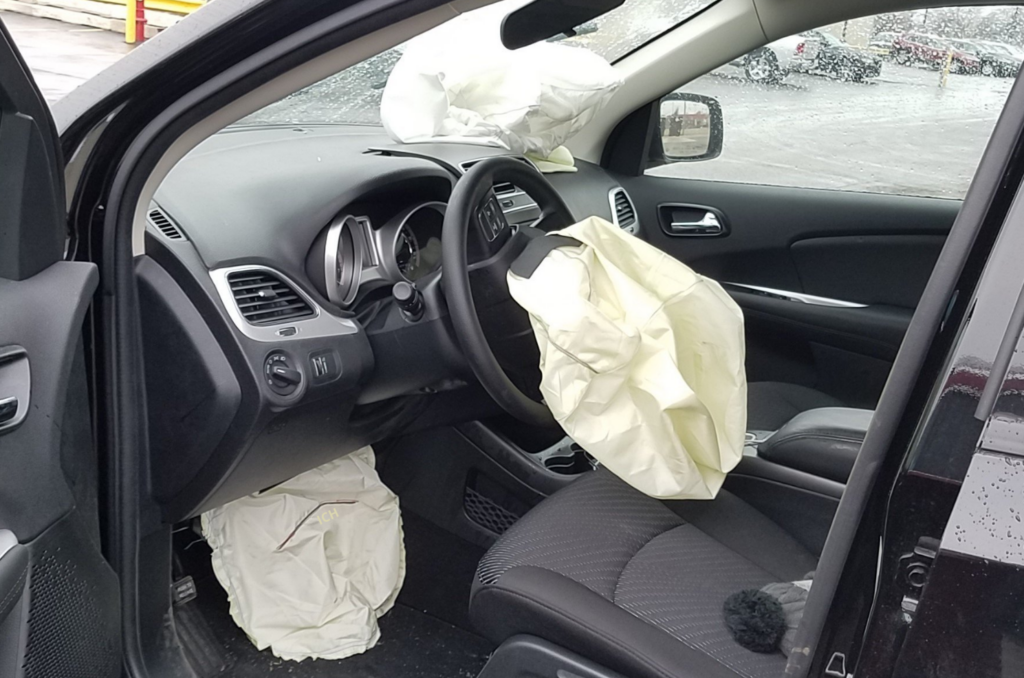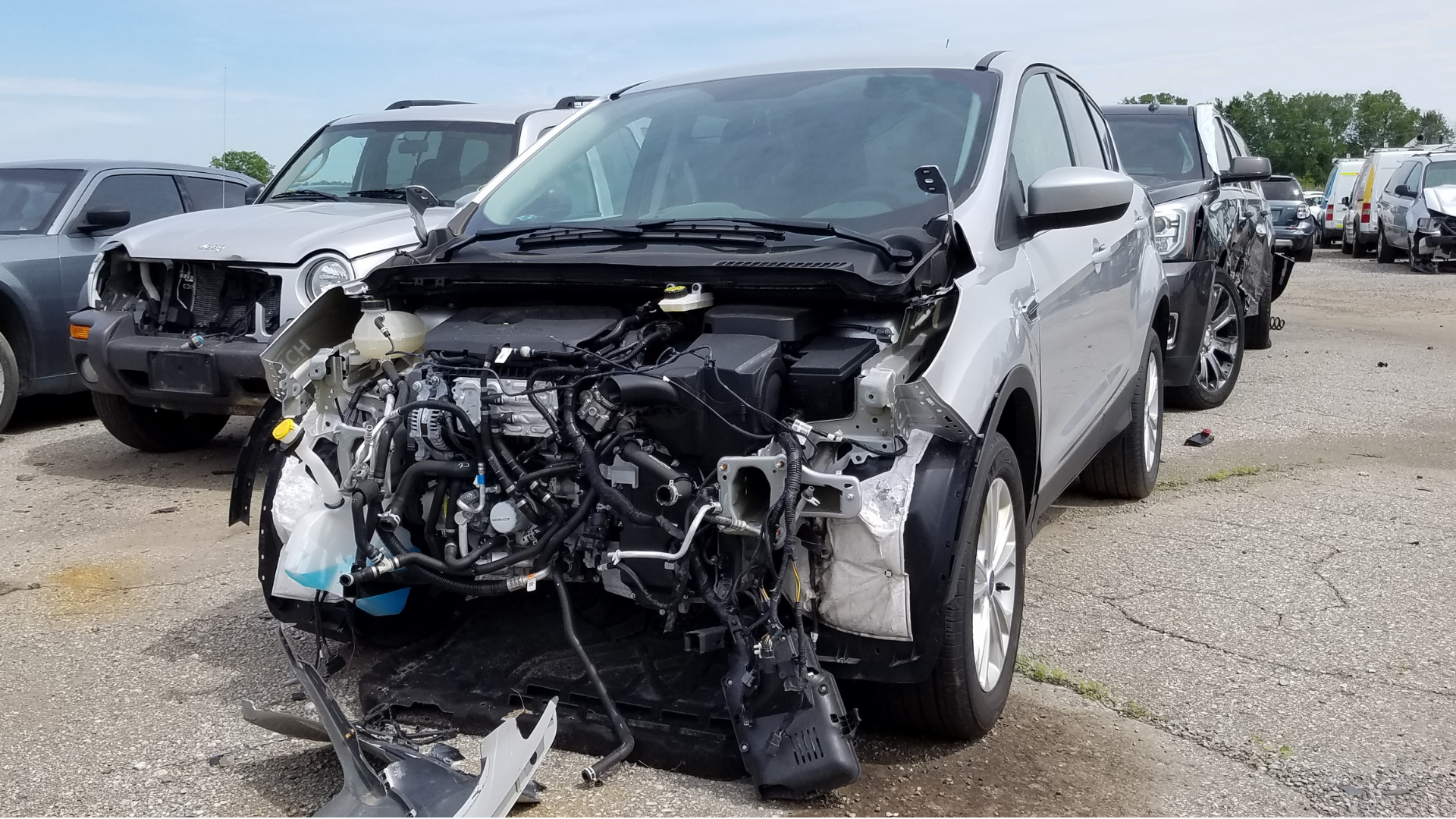Vehicles are declared totaled once the cost of repairs exceeds the total loss threshold or the Actual Cash Value of the vehicle. The total loss threshold varies from state to state but is generally between 70% to 100% of the vehicles ACV.
If you do not want your car totaled by insurance, you may cancel the claim and not receive any payout, or you may proceed with the total loss and retain the vehicle as salvage. The salvage buy back will be subtracted from your total loss settlement and then you can repair the vehicle after obtaining a salvage title.
Short of an error on the insurance adjuster’s part, it is nearly impossible to convince an insurance company to not total a vehicle, if the repair costs exceed the total loss valuation.

If you choose to retain your vehicle, keep in mind the reduced settlement amount due to the salvage buy back will not be enough to restore the vehicle to pre-loss condition. On the other hand, if the vehicle was totaled due to cosmetic damages, such as being extensively keyed or damaged from hail, you do not necessarily have to repair it.
I have seen many customers retain totaled yet safe to drive cars and keep the settlement amount instead of repairing cosmetic damages.
In order to retain a total loss vehicle, there can be no other lien holders on the title and the vehicle has to be owned outright. If you are contemplating keeping your totaled vehicle and want to know the pros and cons, check out my article “Can I Keep My Total Loss After an Accident?“.
Once an insurance company deems a vehicle totaled, this goes into the vehicles history report, so even if you have the vehicle repaired, it will forever be labeled as a rebuilt salvage vehicle. A Carfax report will show previous accidents, a rebuilt title, and its value will be reduced for these reasons.
Example 1:
One of my customers totaled an older BMW. The repairs were over $17,000 and the vehicle was worth $15,000. The customer was furious that the BMW was totaled and insisted on having it repaired. I asked if she would rather drive a $15,000 vehicle with over $17,000 in damages that will take 2 months to repair and have a salvage title or she can just buy a replacement vehicle. After a short contemplative pause on the phone call, she decided to proceed with a total loss and we moved on to the next step in the process.
Example 2:
Another situation, which is more common with older vehicles, was a customer with a 15 year old Chevy Malibu. The vehicle sustained a basketball sized dent on the rear quarter panel and light scratches on the bumper. The repairs were $2,800, but the vehicle was worth only $2,300. The car was perfectly fine to drive other than an unsightly dent which didn’t pose any safety issues. The customer wanted to keep the vehicle, as it was reliable and he had owned it from day one.
I was able to obtain a salvage quote of $250 for the car (older vehicles have lower salvage values) and subtract that from the total loss settlement. The customer walked away with $2050 and did not repair the vehicle. Due to the age of the vehicle and the local laws, a salvage title was not required, making it a simple process.
Overall, before you insist on not having your vehicle totaled you have to weigh the costs of retaining a salvage vehicle and what you will do with it. Initially this may be an emotional reaction but once you realize it is not worth attempting to fix a totaled car, most people are better served by just buying a another vehicle.
For more information about where total loss vehicles end up, check out my article “What do insurance companies do with totaled cars“.
If your insurance adjuster is unwilling to work with you I have tips in my article “How to Deal With an Auto Insurance Damage Adjuster“.
